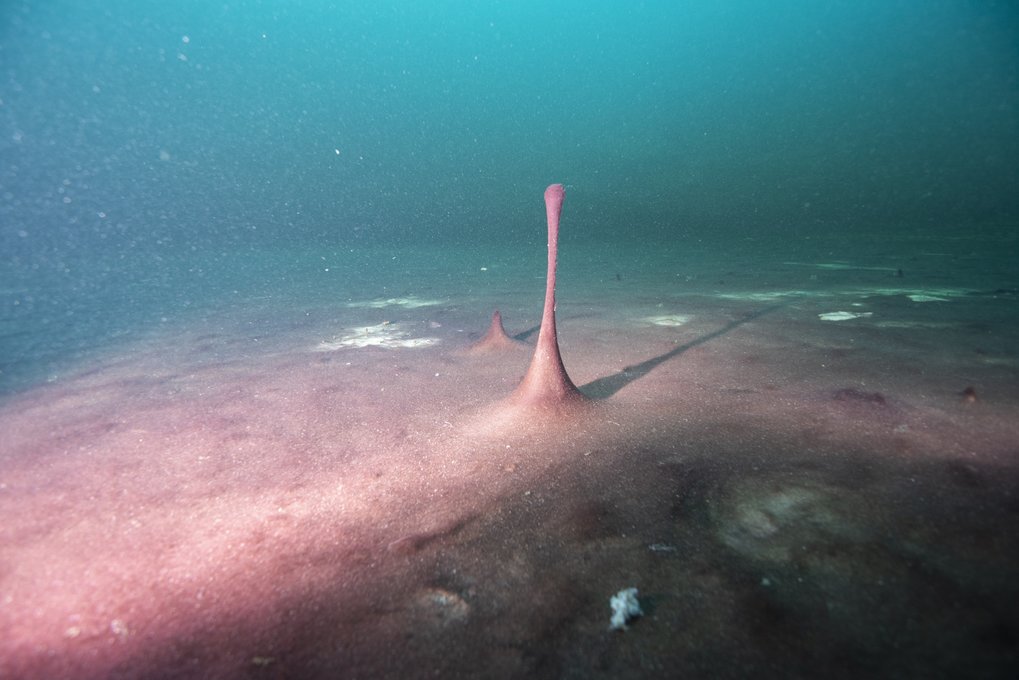Life on Earth today relies on the presence of oxygen. However, the process behind the step-wise rise of oxygen levels in the atmosphere, which took place over nearly two billion years, remains under debate. An international team of scientists around Judith Klatt from the Max Planck Institute for Marine Microbiology in Bremen, Germany, proposes an intriguing explanation: that increasing daylength, resulting from slowing Earth rotation, may have allowed microbes to release more oxygen, thereby creating the air we breathe today.
